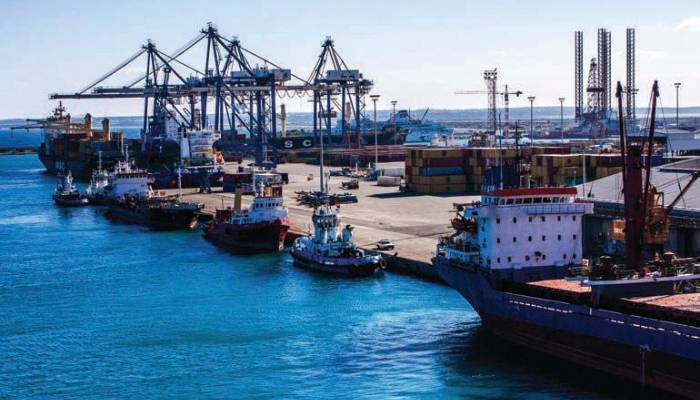
or

Cargo is nucleus of the maritime trade and all other components or activities like chartering of vessel, appointment of agents, involvements of bank or finance revolves around it. Being a nucleus, cargo is also very vulnerable to dispute even it doesn’t involve in disputes or it belongs to innocent owner but on board of rogue vessel. Generally cargo claims are brought by the cargointerest against carriers when the cargo in which they have an interest is not delivered/ short delivered or damaged.
Following persons or entity can have interests in the cargo depending upon nature of disputes or circumstances;
To claim of cargo is not simple as terms suggest. When it comes to prove the case, it becomes tough involving so many complexities. The objectives of the parties to the claim, however, are simple but following circumstances whether singly or in combination of others make it complex;
In common maritime practice, the sea trading is governed by English law but specific rules prevails over the common practices or rules and therefore governing law mentioned in the contract matters most. For a successful claim, the party having the interest in the cargo has to prove the following;
Cases involving cargo-interest are very complex in nature as the attorney of the claimant or defendant has to prove various points in the court. Therefore, the attorney has to go through all documents of sea trading and related to it. The size of the shipping documents is massive as it involves the correspondences, invoices, bill of lading or contract between the various parties. Due to the involvement of many parties like charterer or sub-charterer etc. it is a task for the attorney to establish the liabilities. Therefore, knowing the nature of the various documents, laws of the country and the English law is very important to win a case.
Pradeep K Jain is the Managing Partner at Singhania & Co., Mumbai Office, and an expert in Maritime and Corporate Law.
Nalini Mishra - Senior Associate

Lex Witness Bureau

Lex Witness Bureau

For over 10 years, since its inception in 2009 as a monthly, Lex Witness has become India’s most credible platform for the legal luminaries to opine, comment and share their views. more...
Connect Us:


The Grand Masters - A Corporate Counsel Legal Best Practices Summit Series
www.grandmasters.in | 8 Years & Counting
The Real Estate & Construction Legal Summit
www.rcls.in | 8 Years & Counting
The Information Technology Legal Summit
www.itlegalsummit.com | 8 Years & Counting
The Banking & Finance Legal Summit
www.bfls.in | 8 Years & Counting
The Media, Advertising and Entertainment Legal Summit
www.maels.in | 8 Years & Counting
The Pharma Legal & Compliance Summit
www.plcs.co.in | 8 Years & Counting
We at Lex Witness strategically assist firms in reaching out to the relevant audience sets through various knowledge sharing initiatives. Here are some more info decks for you to know us better.
Copyright © 2020 Lex Witness - India's 1st Magazine on Legal & Corporate Affairs Rights of Admission Reserved